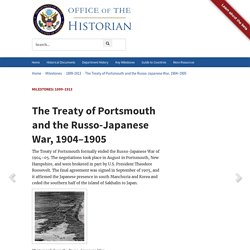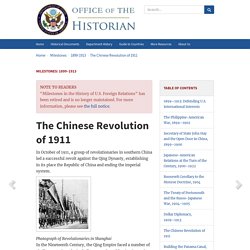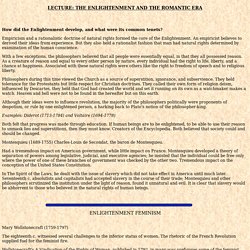

American Civil War History - American Civil War. In the mid-19th century, while the United States was experiencing an era of tremendous growth, a fundamental economic difference existed between the country’s northern and southern regions.

In the North, manufacturing and industry was well established, and agriculture was mostly limited to small-scale farms, while the South’s economy was based on a system of large-scale farming that depended on the labor of black slaves to grow certain crops, especially cotton and tobacco. Growing abolitionist sentiment in the North after the 1830s and northern opposition to slavery’s extension into the new western territories led many southerners to fear that the existence of slavery in america—and thus the backbone of their economy—was in danger.
In 1854, the U.S. Congress passed the Kansas-Nebraska Act, which essentially opened all new territories to slavery by asserting the rule of popular sovereignty over congressional edict. Milestones: 1899–1913. The Treaty of Portsmouth formally ended the Russo-Japanese War of 1904–05.

The negotiations took place in August in Portsmouth, New Hampshire, and were brokered in part by U.S. President Theodore Roosevelt. The final agreement was signed in September of 1905, and it affirmed the Japanese presence in south Manchuria and Korea and ceded the southern half of the island of Sakhalin to Japan. Photograph from the Russo-Japanese War By 1904, Russia and Japan had endured several years of disputes over control of Manchuria. In 1904, the Japanese attacked the Russian fleet at Port Arthur before the formal declaration of war was received in Moscow, surprising the Russian navy and earning an early victory. Photograph of Attack on Port Arthur The Japanese asked U.S. The Chinese Revolution of 1911 - 1899–1913. In October of 1911, a group of revolutionaries in southern China led a successful revolt against the Qing Dynasty, establishing in its place the Republic of China and ending the imperial system.

Photograph of Revolutionaries in Shanghai In the Nineteenth Century, the Qing Empire faced a number of challenges to its rule, including a number of foreign incursions into Chinese territory. The two Opium Wars against Western powers led by Great Britain resulted in the loss of Hong Kong, forced opening of “treaty ports” for international trade, and large foreign “concessions” in major cities privileged with extraterritorial rule. After its loss in the Sino-Japanese War (1894–95), Imperial China was forced to relinquish control over still more of its territory, losing Taiwan and parts of Manchuria and ending its suzerainty over Korea.
The Russo-Japanese War (1904–05) firmly established Japanese claims to the Northeast and further weakened Qing rule. Qing Soldiers Sun Yat-Sen. Fold3 - Historical military records. Shot Heard Round The World Start of American Revolution 1775. Lexington Common, 19th of April 1775.

Painting by Don Troiani. The Shot Heard Round The World: Battle Breaks Out At Lexington Engraving of the Battle of Lexington. April 19, 1775. New York Public Library. Meanwhile, after the British forces waited two hours for additional supplies at their ships, the British continued on their journey to Concord. “What a glorious morning is this!” Battle of Lexington. A Shot Was Fired Following Revere’s warning to the Patriots, Captain John Parker began assembling minutemen to meet the British. The French Revolution. Imperialism - C3 Teachers. The French Revolution [Documentary] [History Channel] Lecture: The Enlightenment and the Romantic Era. How did the Enlightenment develop, and what were its common tenets?

Empiricism and a rationalistic doctrine of natural rights formed the core of the Enlightenment. An empiricist believes to derived their ideas from experience. But they also held a rationalist fashion that man had natural rights determined by examination of the human conscience. With a few exceptions, the philosophers believed that all people were essentially equal, in that they all possessed reason. As a creature of reason and equal to every other person by nature, every individual had the right to life, liberty, and a chance at happiness. Philosophers during this time viewed the Church as a source of superstition, ignorance, and subservience. Although their ideas were to influence revolution, the majority of the philosophers politically were proponents of despotism, or rule by one enlightened person, a harking back to Plato's notion of the philosopher-king.
Examples: Diderot (1713-1784) and Voltaire (1694-1778)